Is there a localization commitment?
The proposal for VinSpeed Company - a private enterprise - to participate in investing in the construction of the North - South high-speed railway is attracting great attention from the public and experts.
Speaking to the press on the sidelines of the National Assembly, Mr. Hoang Van Cuong - National Assembly delegate from Hanoi, former Vice President of the National Economics University - expressed his support for this policy, while emphasizing the core requirements when allowing the private sector to implement important national infrastructure projects.
However, the delegate also emphasized that since this is a key project, the "backbone" infrastructure of the country, even if the private sector invests money, it must still comply with the requirements and regulations of the State. "Important national projects, regardless of their form, are all based on the principles of State management," said the delegate from Hanoi .
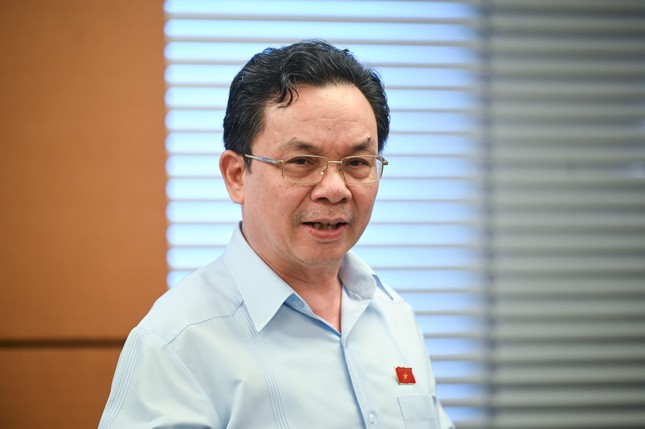 |
National Assembly Delegate Hoang Van Cuong. Photo: QH |
According to Mr. Hoang Van Cuong, the most important issue is to be a true domestic investor, not a domestic investor who imports foreign products and components and only assembles and processes them. "Thus, the goal is not achieved," Mr. Cuong acknowledged.
Regarding the implementation of the North-South high-speed railway, at a meeting on May 20, Prime Minister Pham Minh Chinh requested the Ministry of Construction, the Ministry of Finance, the State Bank and relevant agencies to study the proposals of Vinspeed Company and report to competent authorities.
“We need to pay attention to whether the investor commits to localization or not, and whether they have links with other domestic enterprises and investors to start producing components, accessories, and equipment based on foreign technology? This is the most important goal and condition when considering whether to accept domestic investors to implement or not?”, the delegate recommended.
Another important issue that is receiving much attention is when VinSpeed proposed to borrow 80% of the capital from the State without interest for 35 years to implement the project. Is this really feasible?
Delegate Hoang Van Cuong analyzed that normally, investment in transport infrastructure, including railways, the ability to recover initial investment capital is very slow, the recovery part is the spillover effects, creating development, bringing benefits to society. And direct revenue from that project brings in budget resources that are almost very difficult.
"The willingness of the private sector to invest capital must also consider options to see that the State has policies to create resources for investors," said Mr. Cuong.
Cash flow control
In case the investor does not want to follow the order direction but the State lends interest-free, delegate Hoang Van Cuong assessed that "this is also a good option". According to Mr. Cuong, the money is not spent and cannot be recovered, however, the recovery time of infrastructure projects is always very long, and the profit is very low.
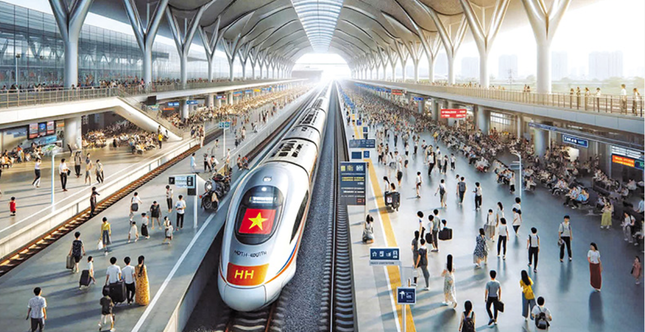 |
Perspective of high-speed railway on the North-South axis. |
Along with that, he also noted that in public investment, when spending money, it is necessary to control whether the money goes into the right projects or not. When lending to private investors, it is also necessary to control whether the money flows into the desired projects or not. It is not just giving money and then using it to do other things.
If public investment must be controlled down to every penny, every expenditure must be implemented in compliance with supervision, bidding, and cost norms for each penny of purchased materials and raw materials.
"For private investors, they manage and decide on that themselves. The State only manages the overall implementation to see if the product or project is implemented according to the requirements, standards, and regulations set forth," said Mr. Hoang Van Cuong.
The Hanoi delegation added that private investors want to borrow less money for investment, temporarily the State does not have to spend but lends to businesses, then they pay it back. In terms of finance, this option is more effective for the budget, not a loss.
“This is just the State’s support to help private enterprises do the State’s part. The State should have invested, but there are private enterprises willing to take on the responsibility, which needs to be encouraged,” said a delegate from Hanoi.
Source: https://tienphong.vn/national-congress-deputy-deputy-deputy-deploys-method-of-making-high-speed-road-post1744337.tpo


![[Photo] Prime Minister Pham Minh Chinh receives Rabbi Yoav Ben Tzur, Israeli Minister of Labor](https://vphoto.vietnam.vn/thumb/1200x675/vietnam/resource/IMAGE/2025/5/21/511bf6664512413ca5a275cbf3fb2f65)

![[Photo] Prime Minister Pham Minh Chinh attends the groundbreaking ceremony of Trump International Hung Yen Project](https://vphoto.vietnam.vn/thumb/1200x675/vietnam/resource/IMAGE/2025/5/21/ca84b87a74da4cddb2992a86966284cf)
![[Photo] Determining the pairs in the team semi-finals of the National Table Tennis Championship of Nhan Dan Newspaper](https://vphoto.vietnam.vn/thumb/1200x675/vietnam/resource/IMAGE/2025/5/21/eacbf7ae6a59497e9ae5da8e63d227bf)


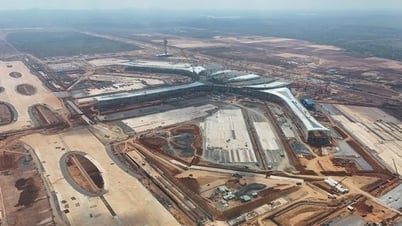


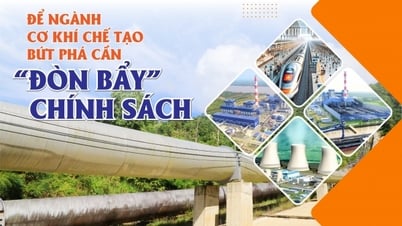

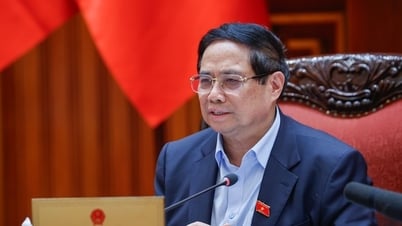
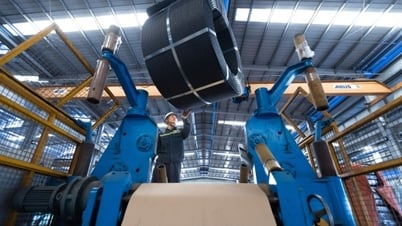










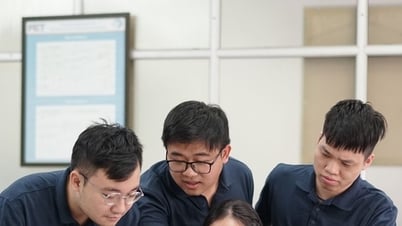
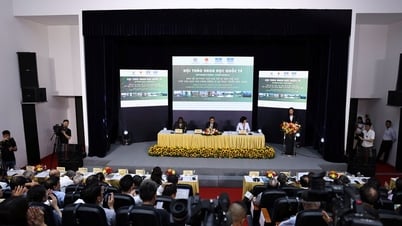

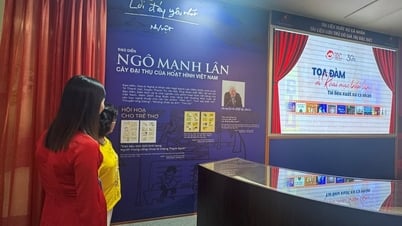



























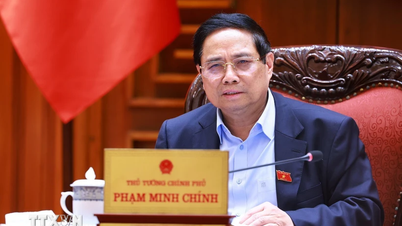

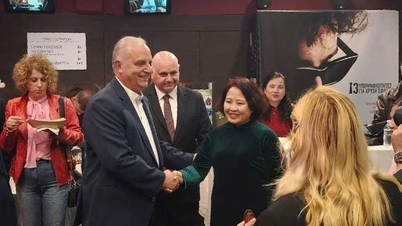

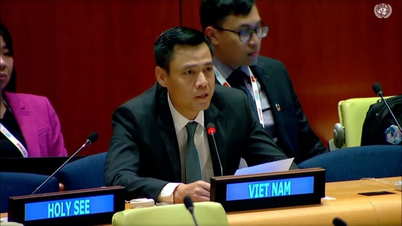
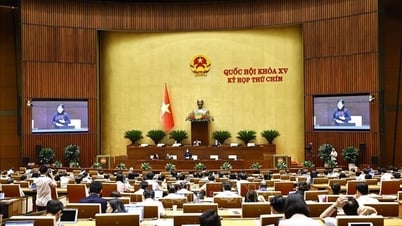

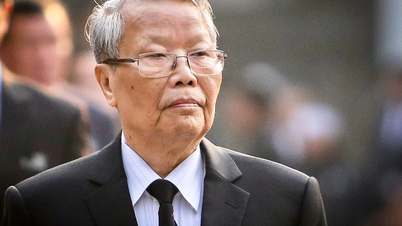



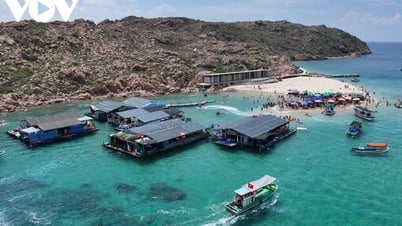
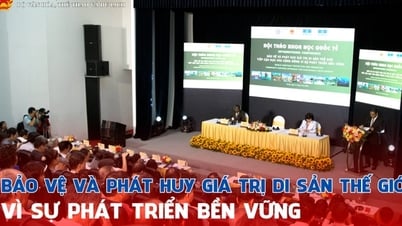





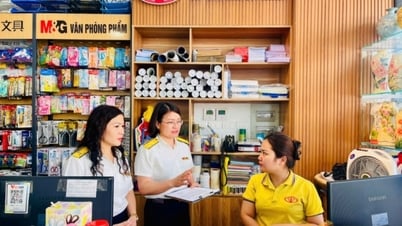
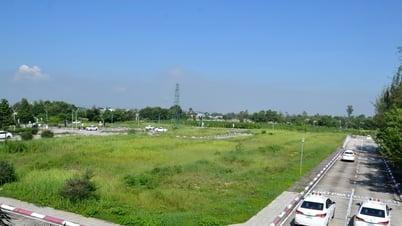

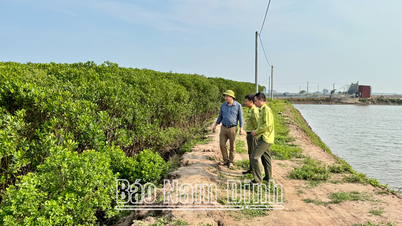

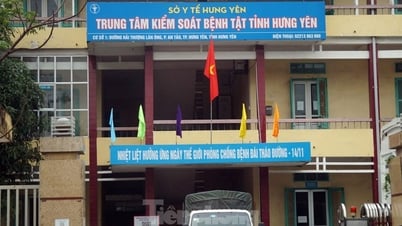

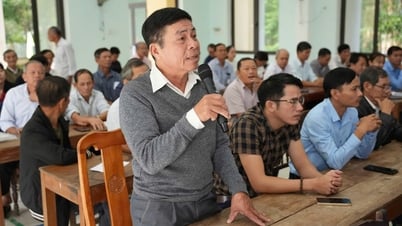



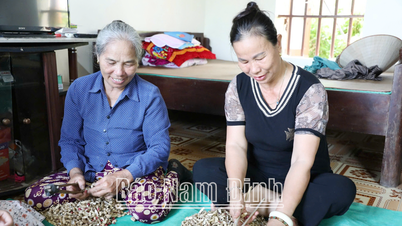










Comment (0)